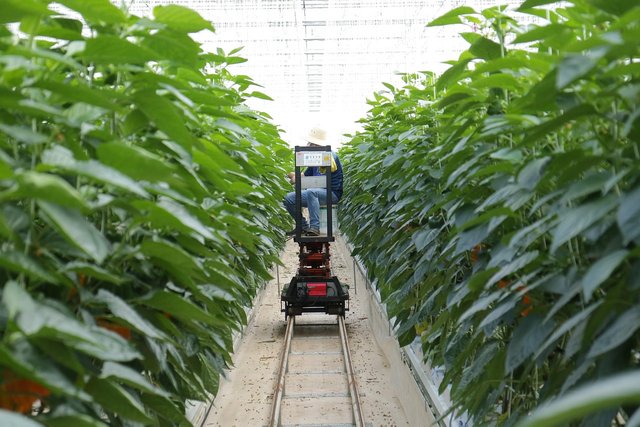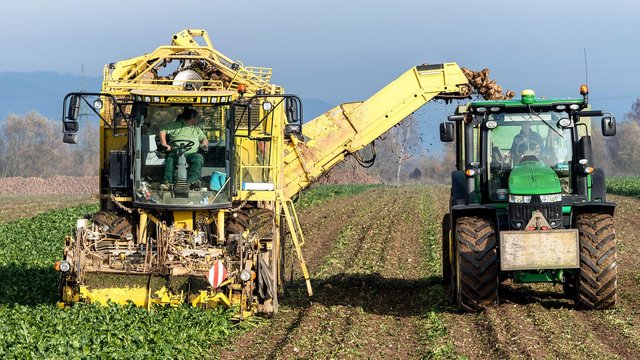Arrays of Agricultural topics 👉Choose-Write-Post#9
** Rise of Smart Farming and Its Impact on the Future of Agriculture**
Soil combined with rain alongside hard labor no longer defines the field of agriculture. Smart farming technology has transformed our conventional food production methods during the recent period. The emerging era known as precision agriculture uses GPS, sensors, drones, data analytics and artificial intelligence together with modern technologies to improve both efficiency and productivity and sustainability.
Smart farming has achieved one of its major breakthroughs through drone and satellite image technology. AgTech tools provide farmers with capabilities to observe crop health while helping identify diseases or pest manifestations early concerning farm landscapes and enabling improved irrigation management decisions. Farmers use thermal along with multispectral imaging to detect plant stress early before any obvious signs emerge because it allows them to take prompt corrective actions.
Sensors have become a critical advancement for soil monitoring. Small electronic devices monitor atmosphere components along with moisture mass and thermal measurements and nutrient parameters in the soil. The technology allows farmers to deliver water and fertilizers precisely where they are required which minimizes environmental pollution and usage wastage. These systems use sensors to adjust irrigation levels automatically based on weather reports which helps crops receive exact amounts of water without human operator involvement.
Analyzing data along with employing artificial intelligence powers major operational processes. The study of historical patterns enables farmers to achieve better outcomes in their decisions regarding planting schedules as well as crop sequence choices and productive estimations. Farming operations get an essential advantage through AI systems that make predictions about pest outbreaks by monitoring past infestations in combination with weather pattern analyses.
Smart farming provides vast possibilities though implementing it brings multiple obstacles. The usage of smart farming faces barriers because of technological expenses and employee skill deficits and insufficient internet networks in rural regions of the country. Smart farming will replace traditional agricultural methods because technology continues to become more widely available through government support for digital agriculture.
Smart farming has moved beyond being an industry trend because it represents an essential response to climate change along with growing population numbers and decreasing agricultural land. The combination of traditional farming practices with modern technology will create an agricultural system which delivers higher efficiency while building resilience along with sustainability.
Thanks for reading my post I'm inviting @bela90, @iffatilyas and @simonisai15 to participate.



https://x.com/entity673865/status/1913175036568928569?t=pIVL6uxftUALQpje1X51JQ&s=19